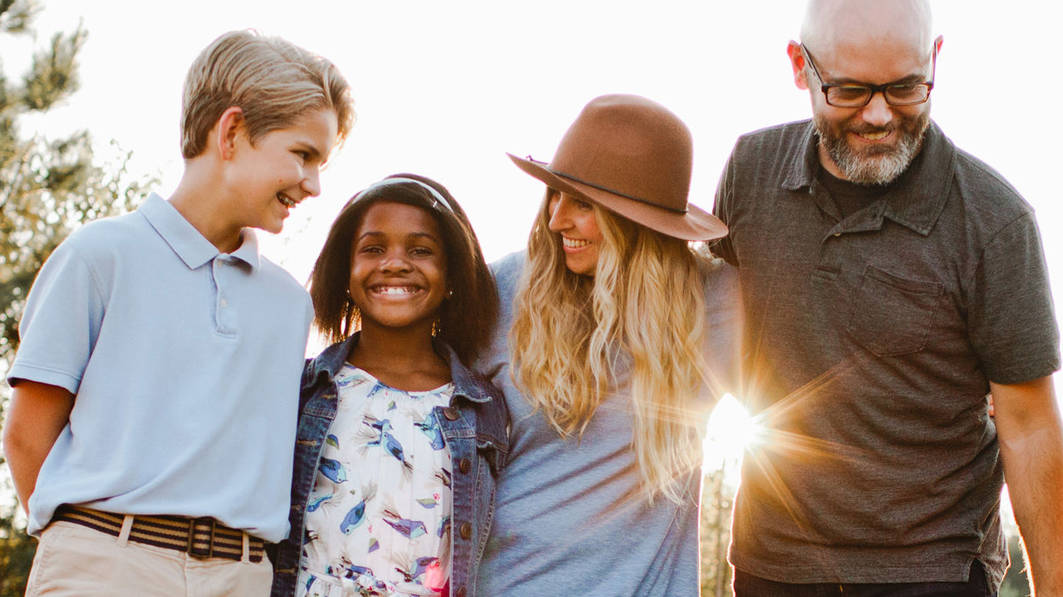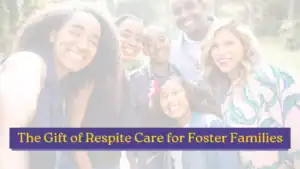“Elana, have you heard one word I said?” my adoptive mother asked while I stared out the car
window.
No, I hadn’t heard her; I’d shut out the world. My adoptive parents didn’t seem to
understand the trauma I’d experienced, having been shuffled in and out of foster care for years with
no biological identity and no sense of stability. I despised being a “rescue,” a “trophy” and a
“plan B” for an infertile couple. But I didn’t know how to express myself so they would
understand.
Children adopted at any age (I was 8) often come to their new families with many
of their basic emotional needs unmet. They struggle with issues of identity and feelings of
estrangement. But if you understand their unique needs, you can help them build a secure identity
and develop strong family ties.
Seek professional support
All adoptees are traumatized. (At a minimum, they’ve lost one set of parents.) So provide your
child and yourselves with professional support for the attachment, trust and anger issues that can
arise.
In your child’s desire to please or not lose you, she may not feel free to grieve or
fully express her feelings to you. Or she may act out to test you. Your being patient and not
defensive helps comfort her.
She may not come from a faith background, so be prepared for
questions about suffering and injustice. Your child needs reassurance about what God has allowed in
her life.
Learn about your child’s background
Obtain as much information as you can about your child’s past, including his culture, family
history and medical propensities. If he comes from another geographic area, find recipes for the
foods and spices he knows. Encourage him, if he wishes, to search for his birth family when he is
older. Finding one’s birth family helps with biological continuity and connection to others —
something many with knowledge of their families take for granted. (Don’t fear the past: Biological
relatives cannot replace the special bond and experiences you share with your child.)
Encourage his individuality. For example, if your family majors in music and extroversion while
he favors books and introversion, celebrate his uniqueness and how it adds flavor to the family.
Despite my adoptive parents’ lack of understanding at times, I’m grateful they didn’t pass on me
just because I was older. Their support changed my life forever. By providing for a child in need,
you, too, can change another’s destiny.














